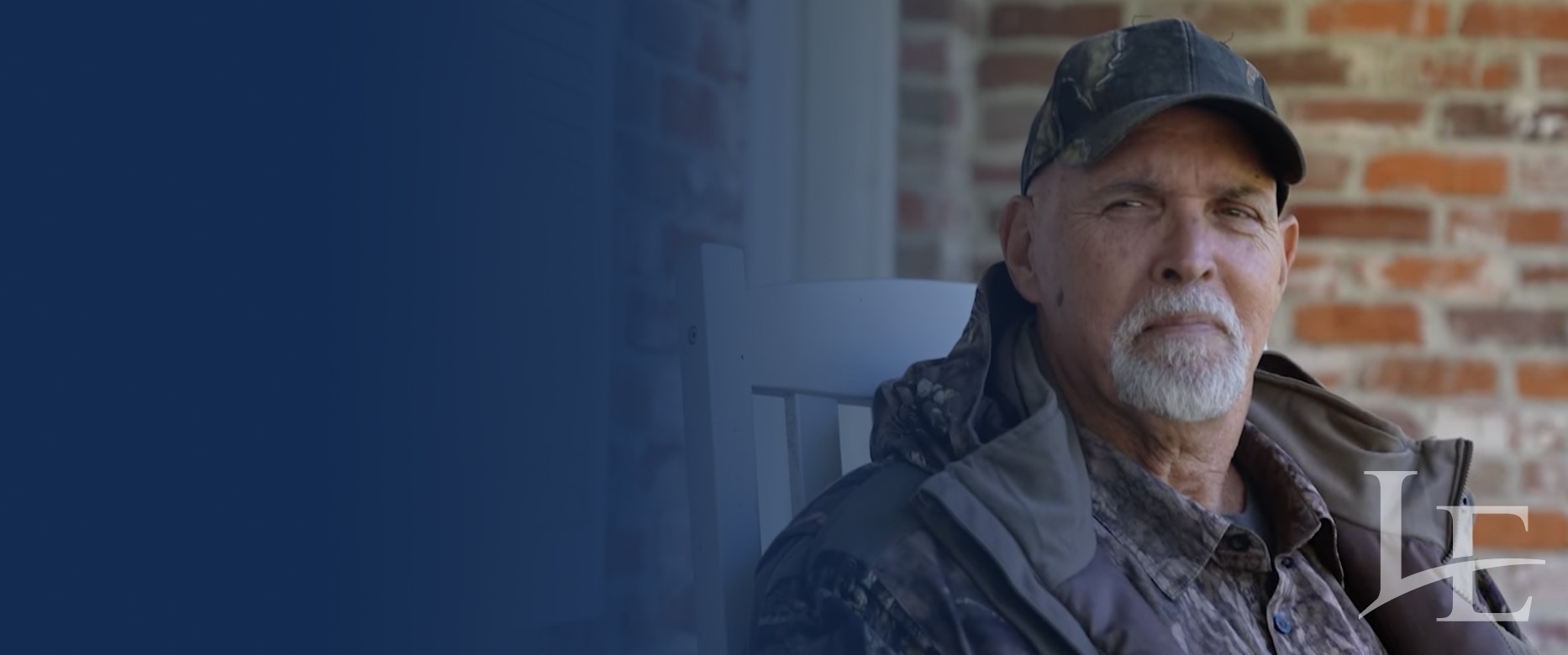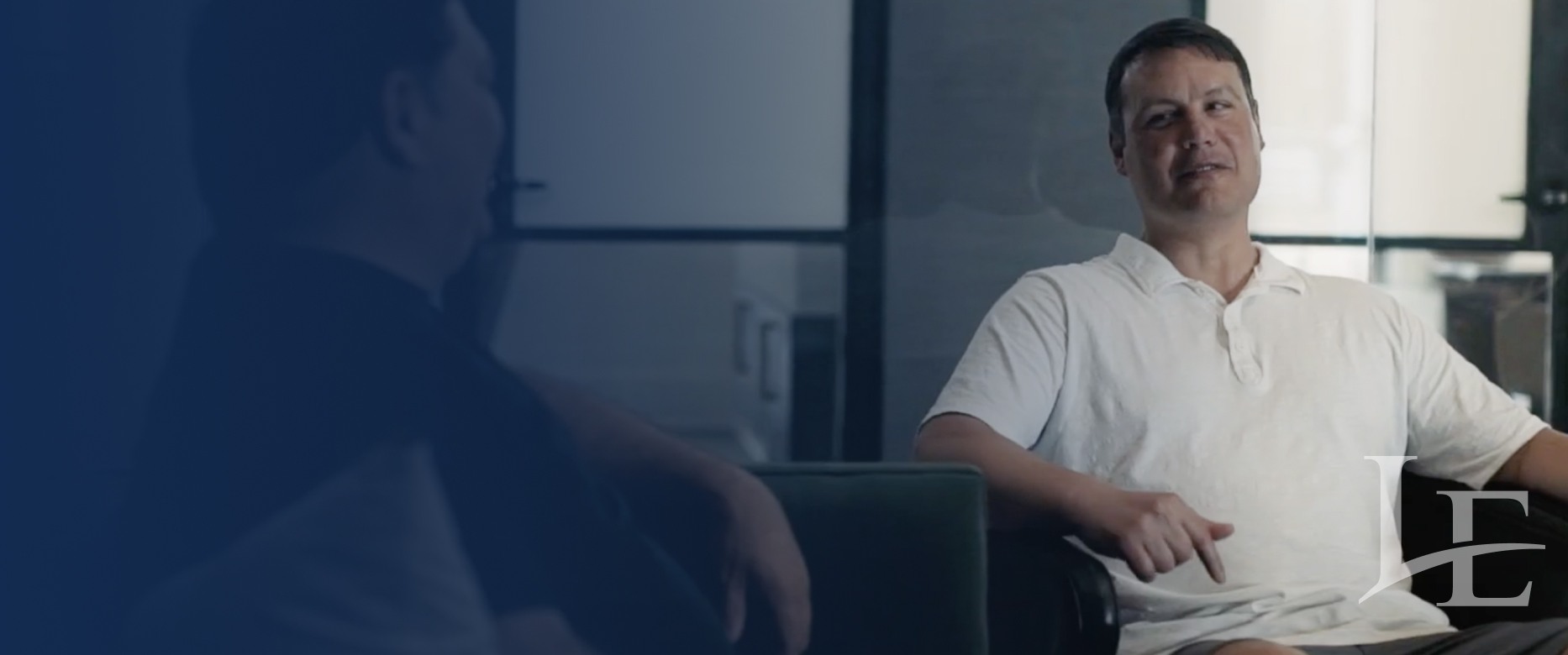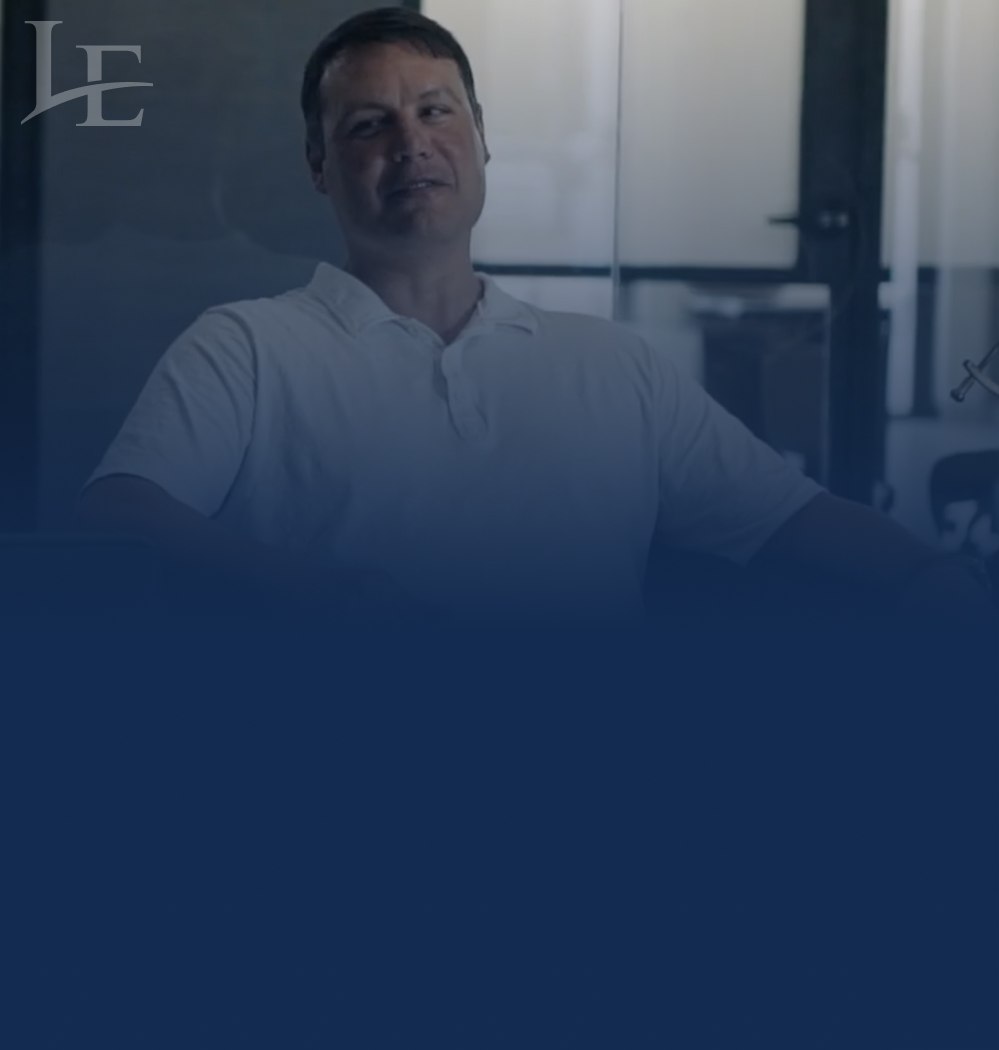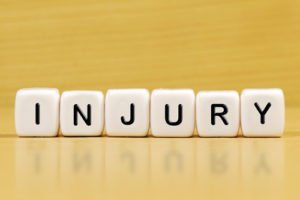
Product liability negligence is when a manufacturer, seller, distributor, wholesaler, or another entity makes a product that is unsafe, whether it is how the product is manufactured, designed, or marketed, available to consumers.
When parties fail to uphold their duty to warn the public of a defective or hazardous product, they could face a claim or lawsuit alleging negligence on their part.
Thousands of products line store shelves every day, and consumers browse among them, picking out those they think will meet their needs. They expect the products they buy to work properly, not to fail and cause them harm.
Product Liability Cases Usually Fall into Three Categories
While no one sets out to buy a flawed product, it can happen for various reasons. A defective item in a product liability negligence case usually falls into at least one of three categories:
- Design defects: if a flaw has been found in a product’s design, it could result in someone getting hurt when using it. The item may be found unreasonably dangerous based on a mistake in how it is designed, not an error in how it was made.
- Manufacturing defects: if a defective product falls into this category, it means there are problems with how the product was made. Deviating from the original design makes the product unsafe to use, putting consumers in harm’s way.
- Marketing defects: products can be marketed to consumers in a way that is inadequate, misleading, or does not make them aware of their potential or inherent dangers. If a product liability case focuses on this aspect, claimants or plaintiffs can argue that the liable party failed to warn of the item’s dangers, breaching its duty to keep consumers safe.
Examples of defective products include:
- Defective vehicle parts (e.g., tires, airbags, seat belts)
- Defective electronics (e.g., smartphones, tablets)
- Defective clothing (e.g., apparel that is advertised as fire-resistant but is not)
- Defective medical devices (e.g., heart monitors, hip replacement devices, breast implants)
- Spoiled food products and medications
The harm that comes from using products in any of these categories may prompt an injured party to seek a product liability claim or lawsuit alleging negligence.
Who Can You Sue for a Defective Product?
In many cases, legal actions are brought against the manufacturers of malfunctioning products, but other parties involved in an item’s production can be liable, as well. A liable party could be the company that made the product’s parts, the company that assembled the parts, the seller of the product, or a wholesaler.


Laborde Earles injury was great for me they took care of me very fast and professional. If for any reason I need legal help they will be who I use.
ClientProving Negligence in a Product Liability Case
In Louisiana, manufacturers can be found liable for the harm a product causes if a consumer proves they used it reasonably or in the way it was intended.
The Louisiana Products Liability Act (LPLA), which starts at RS Art. 9:2800.51, outlines product liability in the state. Louisiana Revised Statutes (RS) §9:2800.54 spells out manufacturers’ responsibilities. This statute also notes the burden of proof individuals must meet if they set out to prove a manufacturer is liable for a defective product they used.
Elements of Negligence Must Be Present
If you want to pursue legal action regarding product liability negligence, you must show how a manufacturer or another entity is liable for your injuries and losses. A lawyer can help you determine if you can prove the elements of negligence, which are:
- The manufacturer has a duty of reasonable care to make sure its product is risk-free and safe to use.
- The manufacturer breached that duty of reasonable care.
- The defective product caused the claimant or victim’s injuries.
- The defective product caused damages stemming from those injuries.
If your case demonstrates these elements, an attorney can start building a case for monetary compensation that could help you recover financially from your losses. If you win your case, you could receive damages for:
- Medical expenses
- Lost or reduced income
- Property repairs or replacement
- Physical pain and suffering
- Permanent disability or disfigurement
- Mental and emotional anguish


I thank God for Digger & David. I don’t know what we would have done if it hadn’t have been for them.
Rick Smith | ClientA Lawyer Can Communicate on Your Behalf
A lawyer can also represent you in all communications and negotiations with the relevant parties in your case, such as insurance companies and legal representatives for the opposing side.
Individuals who want to pursue legal action in a product liability negligence case generally have one year from the date of injury to do it, per RS §3492. Your lawyer can provide more information on how this deadline affects your case.
If you decide to work with an attorney, it is best to start as soon as possible, as they will need time to investigate your case, review evidence, file essential paperwork, and conduct negotiations on your behalf. A lawyer can also file your case with the civil court and represent you at trial if a settlement in your favor is unreachable.


The reassurance from Digger and his staff gave me that renewed hope that it’s going to be okay down the road.
ClientContact Laborde Earles Injury Lawyers for a Free Consultation
Proving a product liability negligence case can be a complex undertaking, but our Lafayette personal injury attorneys are up for the challenge. If you have been injured after using a defective product, do not throw it away or attempt to fix it. Give us a call at (337) 777-7777 for a free consultation. We can counsel you on your next steps.


